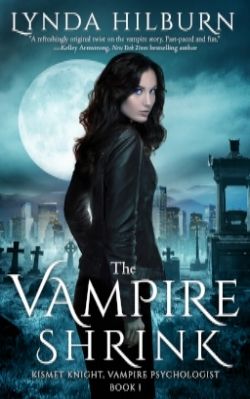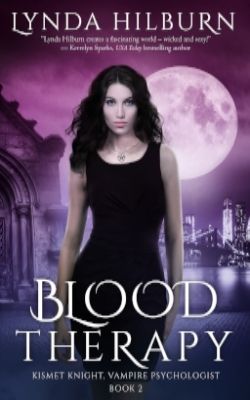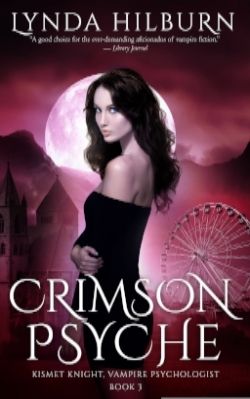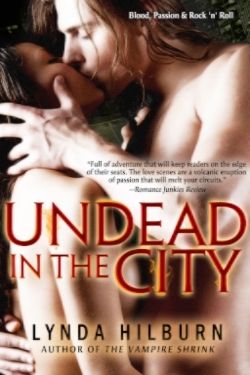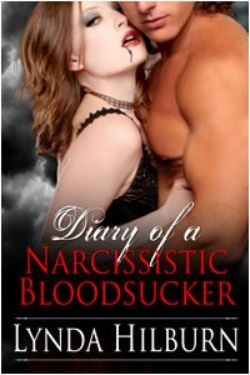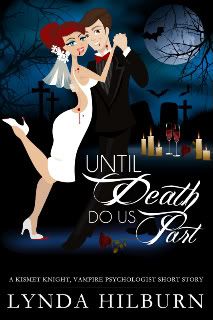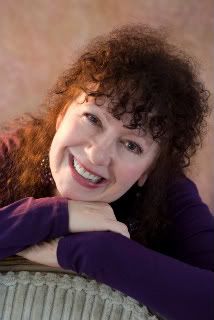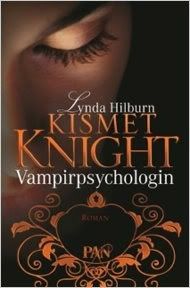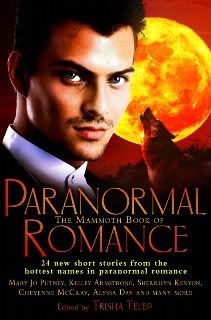 And the winner is . . . Julie Doe! Congrats Julie. Send me your snail mail info and I'll pass it along to Lilith. Thanks to everyone for participating. Stay tuned . . .
And the winner is . . . Julie Doe! Congrats Julie. Send me your snail mail info and I'll pass it along to Lilith. Thanks to everyone for participating. Stay tuned . . .Worldbuilding
Hi Lynda! Thanks for having me.
Since I'm a big fan of lists, here we go. Here are my Top Ten Tips For Worldbuilding -- especially building a paranormal world.
10. You Gotta Pay For It. Whatever magic system or superhuman strength you've decided to have in your world, it has to come from somewhere. Meaning, the magic has to have a cost and the superhuman strength has to have a cost as well. Energy doesn't come flying out of nowhere to aid your hero. If there is magic, how do you "pay" for it? If the hero or heroine has superstrength or an invulnerability, what vulnerability/weakness is it balanced by, and how is that superstrength fueled? I'm always amazed at writers who want to build realistic worlds and don't think about where the calories to fuel the big muscles come from.
You should also think about economics. Where does the money come from? Follow the money isn't just for investigative journalism. How do people in your world pay for food? How does your character pay the rent? Where do they go to the bathroom? A little time thinking about these things will inform your world more than you ever thought possible.
9. Someone's Unhappy With Someone Else. The real world is a jostling set of contradictory motivations and conflicting needs. Heroes with clear-cut friends and clear-cut enemies run the risk of turning into cardboard. Paranormal villains and heroes should be people first and paranormal second. Which means they have friends they may not like, motivations for doing someone else wrong, reasons why they act the way they do. Just plain shoving a character into the position of being a hero or a villain is not a reason for said character to hate someone else, hero or villain. Think seriously about what makes a person "tick" and what they want out of the whole situation.
8. Who's In Charge? It's a natural human instinct to wish for some kind of authority. If the authorities are unaware of the existence of your massive paranormal population, there needs to be a good reason why. If they are aware, there needs to be a good reason for them keeping their mouths shut. If a normal person gets dragged into a paranormal situation, there needs to be a good reason why they won't try to alert the authorities.
For worlds created out of whole cloth, you need to figure out who is responsible for taking the rubbish away and cleaning up the streets. A little thought about the municipal and other structures will inform your world to no end, and give you all sorts of options for scenes, danger, and characterization.
7. No Hero Is Stainless. Perfect Mary Sues or Gary Stus are boring reading. Your hero or protagonist needs a few warts or quirks to allow the reader to identify with this person. Conversely, no villain is Pure Evil. Pure evil is, well, boring. A villain the reader understands and can understand the motivations of gives your story exponentially more depth.
Paranormal heroes and villains run the risk of becoming cardboard, especially if there's no cost for their powers/strengths. A little nastiness on the part of a hero or a little altruism on the part of a villain makes for a better, more complex story. You're already asking readers to ditch disbelief in a pretty big way when writing anything paranormal or supernatural. Don't ask them to believe in saints and ultimate irredeemable bastards too. Though both may exist in the real world, in a book they are, well, pretty boring and unlivable.
6. Don't Be A Slave To Convention. What makes your vampires different? How are your werewolves unique? You don't need to bend over backwards to add gimmicks, but when you're thinking about #10 above you need to think about why your supernatural/paranormal beings work the way they do.
Ask yourself "what if?" What if vampires all looked like pudgy middle-aged stockbrokers? What if that shapeshifter had the ability to turn into a huge banana slug? Pretty much all the wereanimals out there are predator animals -- where are the herbivores? You get the idea. Genre conventions exist to be tweaked and gently subverted. This is a case of "you have to know the rules to break them effectively." If you think about why things are the way they are in your world, you can begin to ask the more difficult and wonderful question -- why not?
5. Look At Some Physics. Physics isn't boring stuff -- it can help you in ways you've never dreamed when it comes to writing a story. I suppose this is a version of #10 above, but thinking about the actual physics of a situation, as well as being fun, also gives your world instant depth. If you really think about how something could "work", or if you really understand what a sword is doing when it bites into a watermelon going a certain speed, or if you've thought about how/why bullets travel the way they do, you instantly have a set of rules that are made for tweaking in new and interesting ways. Thinking about physics is one of the easiest and cheapest ways to kick-start your worldbuilding.
4. Love Is Difficult. Chances are, if you're human, you've been in love with someone. And you know how frustrating, wonderful, difficult, soul-wrenching, and beautiful love can be. Don't give your characters an easy out when it comes to love. They should work at it just like we do. If your protagonist has a relationship, don't make it perfect. Relationships are hard work, and people misunderstand each other. Think about why your protagonist loves this person, think about the fault lines and stresses in that relationship. Not only will your characterization deepen, but your world may well come into focus. This leads into #3.
3. Watch Your Fellow Humans. Writers are largely dealing with human nature. Observation, as Holmes once noted, is the key. I like to tell my writing students to go to a public place -- casinos and malls are my favorites -- and get a coffee or tea, sit down with your notebook, and watch. Watch and listen. Make up stories inside your head for the people who pass. Seeing how people behave can show you how to follow or break rules for your character and world.
2. Build Your Environment. Music and movies are invaluable tools for a writer. If a particular song seems to embody your character, think about why. Get in the habit of thinking about why certain movies "work" for you. Look "under the hood" -- a good mood-setting piece of music can give you a whole scene or even a book. What kind of music does your character listen to?
Be careful, though -- a lot of movies break Rule #10. Once you're in the habit of thinking about what magic/paranormal stuff costs, you'll be able to spot violations of that "cost" in other stories, which will help your own.
One of the best things about writing is daydreaming. Building a world in your head and on the page is a lot of fun. Whatever you can do to deepen that experience -- listening to music, dressing up, watching movies, going through thrift stores and looking at things your character would like -- will show on the page.
1. Have fun. This is probably the most important guideline. If you're not having fun in your world, how will your readers? (And let's face it, you've got to have fun doing this, otherwise it's just a ticket to an ulcer.) So have fun with your world. Think about what really makes you excited about this world you've created, what really makes you want to spend a lot of time there telling the story.
And really, who doesn't find the idea of vampire physics endlessly entertaining? Although maybe that's just me. . .
***************
Lilith is giving away a copy of Hunter's Prayer (comes out 9/1) to someone who leaves a comment about one of the worldbuilding rules. (Lilith can only send to someone in the continental US.) Winner will be posted Tuesday evening.
 The winner of Jennifer's book is: Sarah R! Congratulations, Sarah. Send me your snail mail info and I'll pass it along to Jennifer. Thanks so much for participating!
The winner of Jennifer's book is: Sarah R! Congratulations, Sarah. Send me your snail mail info and I'll pass it along to Jennifer. Thanks so much for participating!













